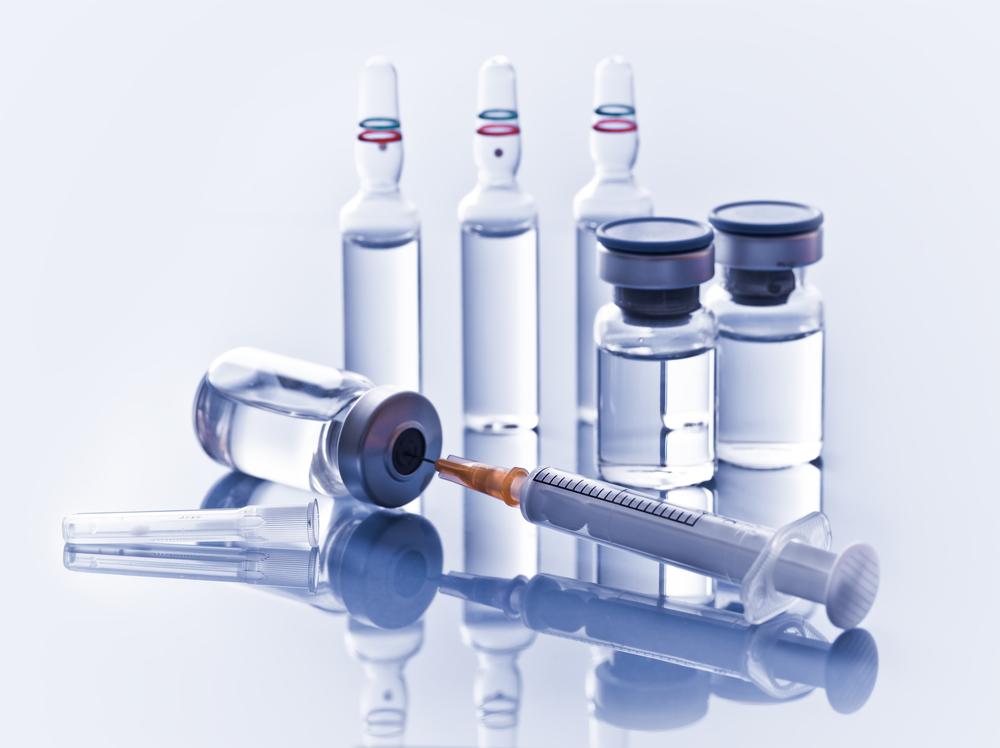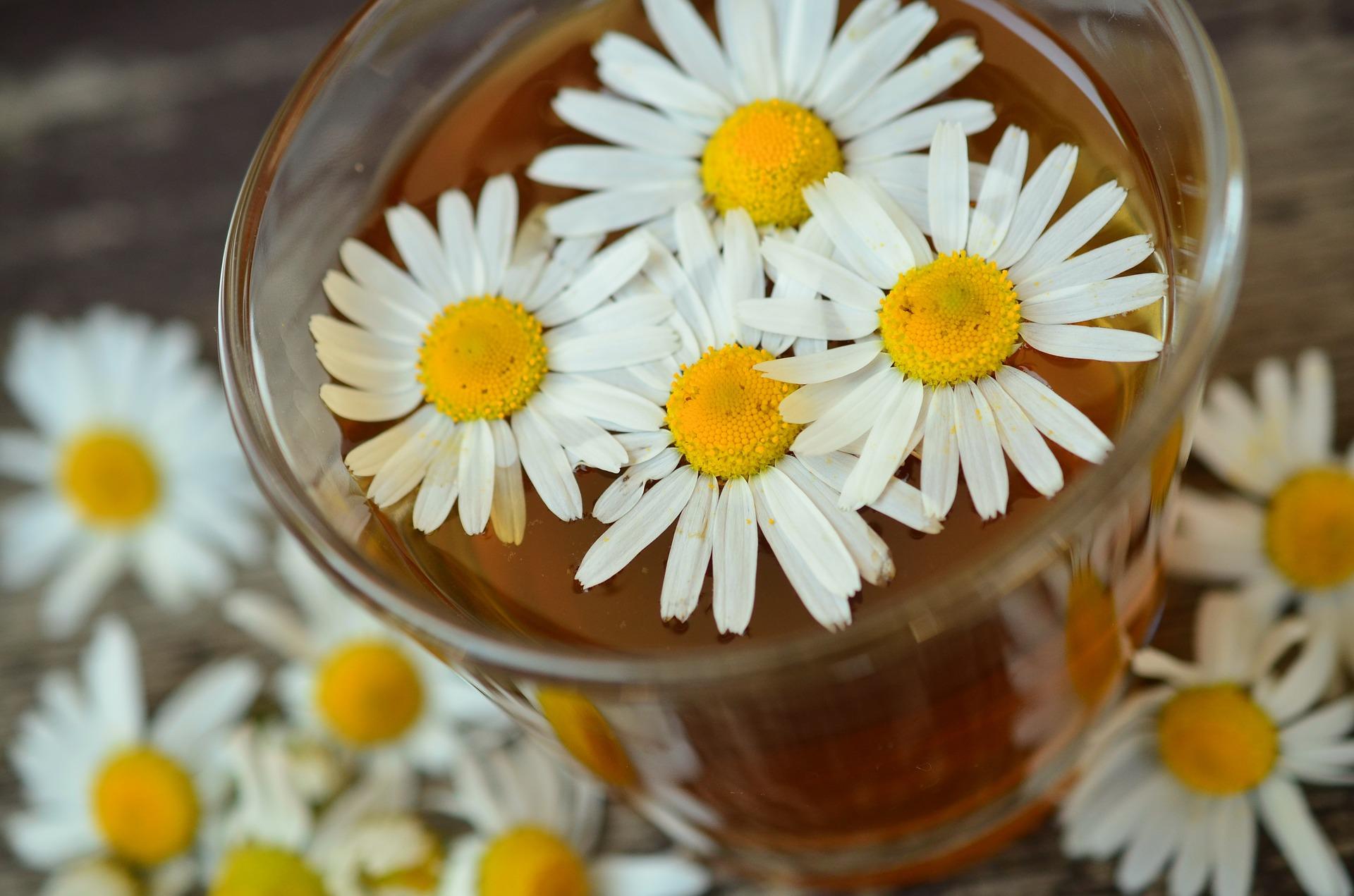
Hyperhidrosis is a very embarrassing and shameful condition. It can makes people struggling with their give up social contacts, close themselves in, and sometimes even get depressed. When this problem affects the hands, even a simple handshake causes enormous stress and shame, and often results in difficulties at school and later also at work. Sometimes the problem is so great that sweat literally drips from the hands and feet or flows with a guard around our body. Hyperhidrosis can really make life difficult and prevent normal daily functioning among people.
What is the cause of excessive sweating, who is affected by this condition, and are there ways to deal with it? You can read about it in my post today.
Why are we sweating?
Our body may have up to 5 million sweat glands, their task is to generate sweat and participate in thermoregulation. This function is mainly occupied by ecrine glands, which secrete an odorless transparent liquid consisting mostly of water. It helps to control our body temperature and protects against overheating. There are the most ecrine glands on our body, they are primarily on the hands, feet, forehead, cheeks and armpits. In turn, apocrine glands are located in the axillary pits, around the genitals and around the navel and nipples. Their secretions are cloudy, sticky and have a slightly yellow color. The substances contained in it are decomposed under the influence of batteries residing on our skin, as a result of which the secretion acquires an intense and not very pleasant smell.
Not just thermoregulation
Sweat is created not only when we are dealing with high ambient temperature. It can also be our body's response to various types of emotions, stress, hormonal disorders or physical exertion.
When the glands work too intensively
Excessive sweating is often a disease in itself, then it occurs most often symmetrically, i.e. it affects the left and right sides of our body to the same extent. Hyperactivity of the sweat glands makes sick people sweat a few times more than healthy people, regardless of their emotions or temperature. Most often this ailment covers our feet, hands, armpits and face, and it is characteristic that it does not occur during sleep. We say then that we are dealing with focal hyperhidrosis. Genes are the most common cause of this type of ailment. So if our parents or grandparents struggled with her, it may turn out that she will not miss us either. The first unpleasant symptoms most often occur already in childhood or adolescence, usually before the age of 25. When hyperhidrosis covers our entire body and also occurs at night, it usually coexists with other diseases. It affects people struggling with some cancers, tuberculosis, infections with high temperature or severe weakness of the body, endocrine disorders, peripheral nervous system diseases or cardiovascular diseases. Then, most often, the problem of excessive sweating disappears with the cure of the disease, which was accompanied by one of its symptoms. It also happens that hyperhidrosis is a side effect of using some medications and stops with the end of therapy.
How to fight with sweating
It all depends on the severity and whether it occurs as a disease, is a symptom of another dominant disease, or a side effect of the drugs used. If the correct diagnosis has already been made, we begin to look for methods that will help us reduce the onerous symptoms of hyperhidrosis.
Anti-blockers and antiperspirants
Antiperspirant is usually the first weapon we use to start our fight against excessive sweating. This is by far the cheapest and completely non-invasive method that we can and should try. It is also proposed by most dermatologists as the first stage of treatment. In the composition of most antiperspirants we find aluminum chloride, which, when combined with sweat, closes sweat glands. Unfortunately, its concentration is often too low for people with excessive sweating. Then recommended preparations in which the concentration of aluminum chloride is much higher. Blockers respond to this demand, and they act like antiperspirants. In combination with water, they form a plug that closes the mouths of sweat glands and thus limit the secretion of sweat. However, such a plug is much deeper than the one resulting from the antiperspirant, which is why it inhibits sweat secretion more effectively and for longer. Blockers should only be used a few times a week, always on clean and dry skin. It's best to apply them after the evening toilet before going to bed. A dermatologist will assist you in choosing the right preparation for your condition. Blockers used to treat hyperhidrosis have different forms and different concentrations of aluminum chloride. Therefore, it is very important to adapt them to the individual needs of the patient and to use them skilfully. It is worth knowing that blockers not used in accordance with the doctor's instructions may cause inflammation and irritation.
Iontophoresis
Electrotherapeutic treatment due to which sweat gland activity and sweat secretion are reduced. Iontophoresis is a painless procedure, the patient can only feel a slight tingling sensation. To reduce sweating, it is necessary to perform a series of about 15 treatments, initially carried out each day. Later, patients undergo surgery to maintain the effect.
Botox
Botox associated mainly with filling wrinkles or lip augmentation is also an effective method that allows you to eliminate the problem of hyperhidrosis for a long time. Botox injected in small amounts inhibits acetylcholine secretion, blocking sweat glands. The effect of the treatment is noticeable very quickly, because after a few days and it lasts up to 12 months. Later the procedure should be repeated.

Permanent treatment of hyperhidrosis is already associated with a slightly greater interference in the body, e.g. laser therapy is becoming more and more popular here. The treatment involves sweat glands reduction in the armpit area. A specialist should always qualify for it, who should know the patient's state of health and then decide on the possibility of performing the procedure. If all treatments have already been used and the problem of hyperhidrosis still exists, the possibility of surgery is considered. It involves the removal of tissue along with the sweat glands. Due to the risk of complications, surgical methods to treat hyperhidrosis are used as a last resort.
We support home treatment
Home remedies probably will not eliminate the problem of hyperhidrosis 100 percent, but they can alleviate its symptoms and support the therapeutic methods used during treatment.
Herbal baths
The best results are obtained by bathing in a decoction of oak bark, you can soak your hands and feet in it, or prepare a larger amount of infusion and pour into the tub. It is important that the bath you prepare is neither too cold nor too hot. For bathing the feet and hands, it is enough to prepare a decoction of three tablespoons of oak bark. Pour them with two glasses of water and cook for about 10-15 minutes. When the infusion has cooled down, simply strain it and start a 30-minute bath. It's best if you use this treatment every day, then you will notice faster that your hands and feet are improving. Oak bark not only refreshes the skin and soothes irritations, but also reduces perspiration. It also has antifungal, antiviral and antibacterial properties, which are very important in the case of excessive sweating, thanks to which it reduces the risk of inflammation. Sage decoction baths also have a good effect, which reduces hyperhidrosis and has anti-inflammatory effects on the skin; birch bark, which causes a decrease in the activity of sweat glands, nettle and chamomile, which also have a sweat-reducing, antiseptic, refreshing and soothing effect on skin irritations. After each bath, it is very important to dry the body thoroughly so that moisture does not accumulate in any of its corners.

Outfit matters
Underwear or clothes made of artificial materials will, unfortunately, exacerbate the problem, making it even worse by limiting air access, they will create an ideal environment for all harmful microorganisms. Feeling "at home", they will light up on our skin for good, causing various infections and the release of an unpleasant smell from sweaty areas of our body. Therefore, it is very important to choose not only the right underwear, but also clothes. They can not restrain our movements, tightly adhere to the body and above all limit the access of air. Let's choose clothes made of natural materials and change them as often as necessary.
In the treatment of hyperhidrosis, hygiene and healthy nutrition are also very important. You should eliminate from your menu, above all, various types of stimulants and spicy dishes, oily diet should be replaced by easily digestible with a high content of fiber. It is also worth giving up eating garlic, onions and leeks, which can increase the unpleasant smell of sweat.
Remember, if your problem is hyperhidrosis, you must start your way to fight it by visiting a specialist. The first step should always be the correct diagnosis. If the problem you are experiencing is related to some other disease, you must start therapy to cure it. On the other hand, if hyperhidrosis is a disease in itself, the least invasive methods are used to reduce its unpleasant symptoms.
Read more www.reviveclinic.com
